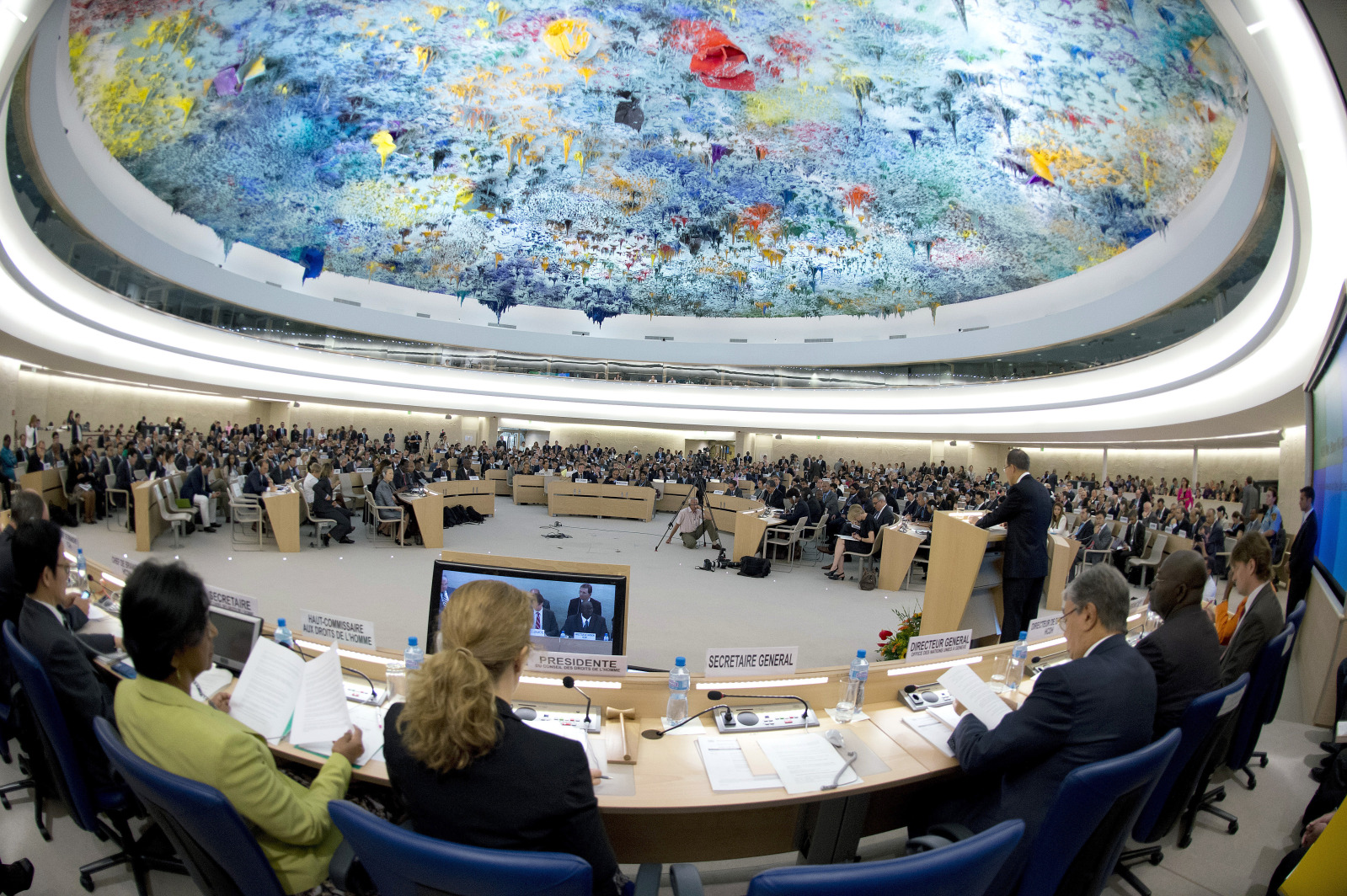34th Regular Session of the UN Human Rights Council
Item 2: The report of the High Commissioner on promoting reconciliation, accountability and human rights in Sri Lanka – Interactive Dialogue
Oral Statement Delivered by R. Iniyan Ilango
On behalf of Asian Forum for Human Rights and Development (FORUM-ASIA)
Wednesday, 22 March 2017
Mr President we welcome the High Commissioner’s report and urge Sri Lanka to implement all its recommendations. We welcome the government’s cooperation in facilitating visits by several international experts in the last 18 months, but are concerned about lack of implementation of their recommendations.
The government has committed to establish several institutions to addresses transitional justice however as noted in the report a comprehensive strategy is absent and progress has been slow. Legislation was enacted to establish an Office of Missing Persons, but after 7 months it is yet to be operationalised. There has been backtracking on the key promise to establish an accountability mechanism with international judges, lawyers, prosecutors and investigators. We remain deeply concerned that despite some initial steps, many important commitments made in resolution 30/1 remain unfulfilled.
This has led to disillusionment among those affected by abuses; and protests throughout the North by civilians with disappeared family members or land occupied by the military.
We echo concerns on the lack of preconditions for transitional justice and confidence building. Reports of surveillance, intimidation, harassment, excessive use of force, arbitrary arrests and torture continue, particularly in the North and East. The draconian Prevention of Terrorism Act has not been repealed and hundreds remain detained and under investigation. A draft law on counter-terrorism has been shrouded in secrecy while leaked drafts suggest non-compliance with international human rights standards. Strong military presence in the North and East continues with no time-bound plan to release civilian lands occupied by the military, despite some ad-hoc releases. Some such concerns were flagged by the domestic Consultation Task Force on Reconciliation Mechanisms, but the government is yet to acknowledge them.
If these concerns are not addressed urgently there will be little faith left on the ground in the resolution 30/1 process. It is imperative that the Council acknowledges such concerns and holds the government accountable including through continued monitoring and reporting. The government should urgently address concerns on confidence building and announce a time-bound plan to implement recommendations by resolution 30/1, the High Commissioner’s report, treaty bodies and special procedures. Lastly we urge UN member states to implement the report’s recommendations to them including on non-refoulment and use of universal jurisdiction.
For the PDF version of this statement click here.



